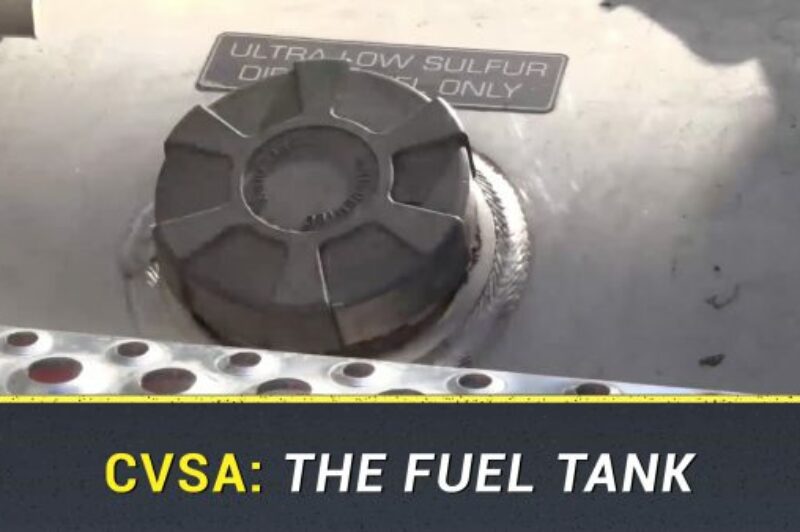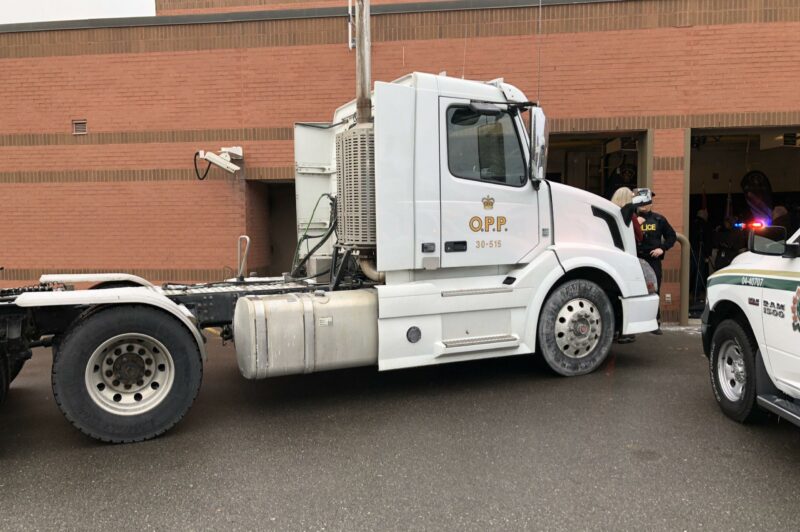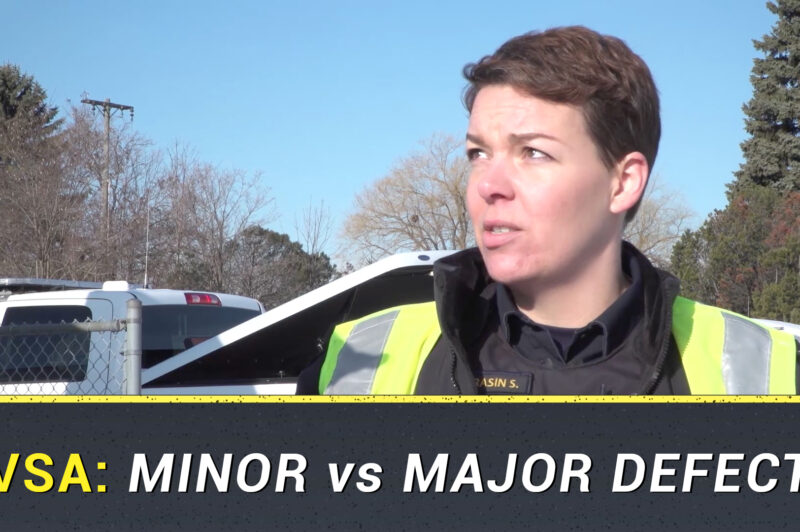
Video: CVSA Inspections Episode 7: The Fuel Tank
We’re less than a month away from the Commercial Vehicle Safety Alliance’s (CVSA) International Roadcheck sceduled for June 5-7 2018. With that in mind we take a look back at this 2017 video series with Today’s Trucking editor John G. Smith and Samantha Sarasin, Ontario Ministry of Transportation enforcement officer and provincial Commercial Vehicle Safety Alliance (CVSA) instructor who explain every step in a CVSA inspection.


